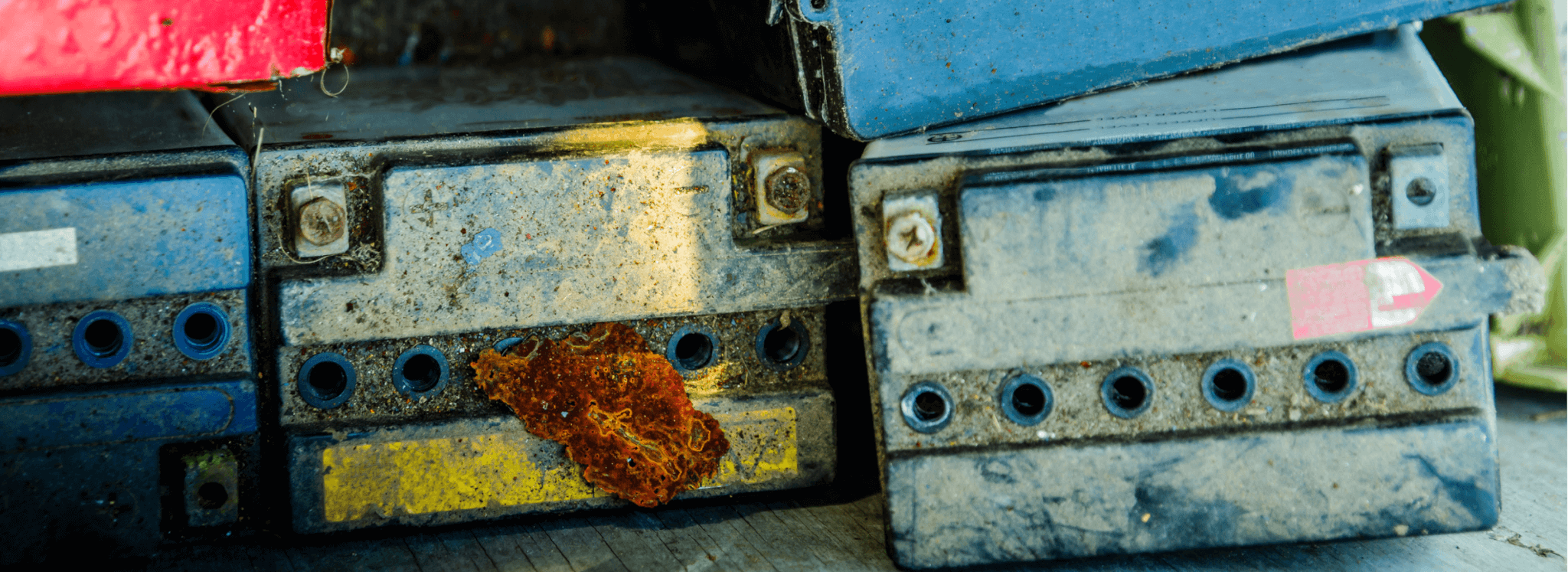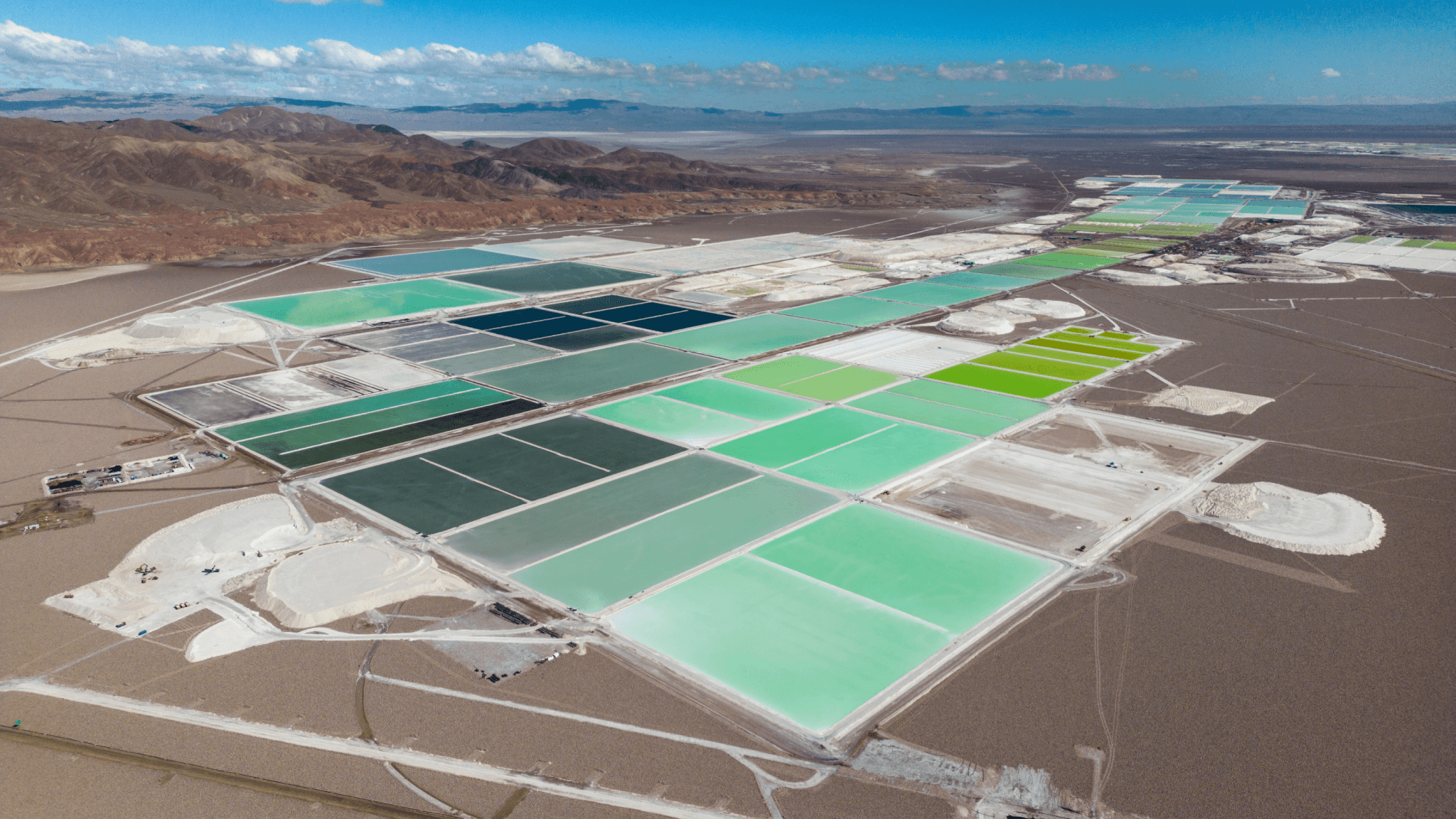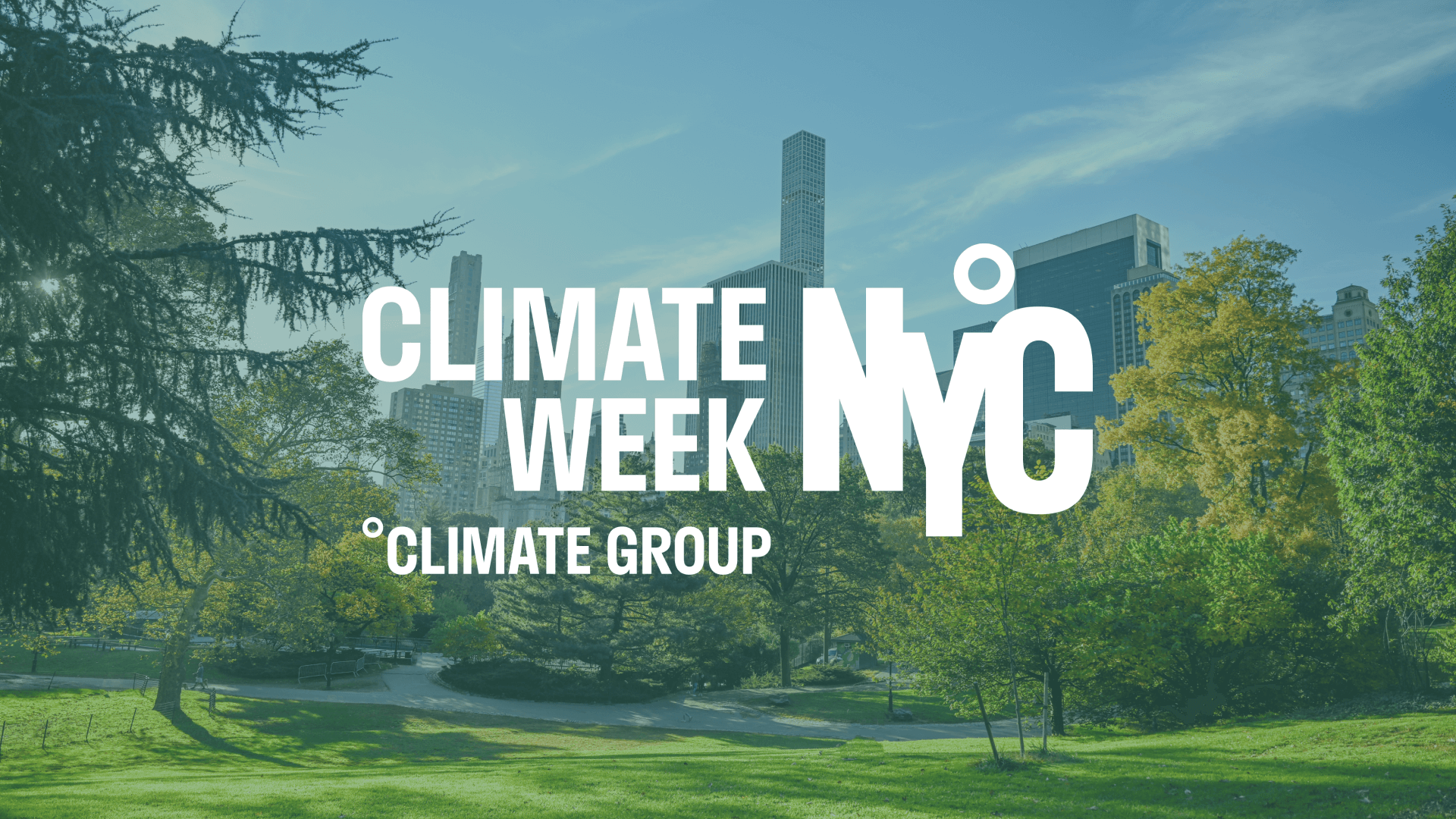
Transitioning to clean energy is a pressing global priority for securing a safe climate. Transportation is a major lever for change because the sector accounts for over 20% of global energy sector emissions and is a growing consumer of the minerals that clean energy technology requires. That’s why last month marked a major milestone as the European Parliament came out in support of the world’s first draft law to advance battery sustainability.
The proposal would require batteries produced or sold in the EU to comply with new social and environmental standards and checks to see if their raw materials are responsibly sourced. Many in the NGO community celebrated this – not only because the legislative measure crossed an important legal hurdle in the EU, but because the law will have a positive impact on supply chains worldwide, at a time when the demand is growing for minerals needed to shift away from fossil fuels.
Partners uniting for critical mineral responsibility
Responsible material sourcing for the energy transition touches many sectors and issues. Back in 2019, battery minerals emerged as a key area of collaboration for advocates and researchers across the EU and U.S., most notably through a convening and subsequent report produced by the Center for Law, Energy and the Environment (CLEE) at UC Berkeley School of Law. At that time, Europe’s leading clean transportation campaign group, Transport & Environment (T&E), looked into the supply chains of cobalt for electric vehicles and found that the automotive industry was buying the raw material from just a handful of miners and refiners. The results illuminated that mandating environmental and social compliance on electric vehicles batteries could have potentially significant impact on the ground.
Earthworks, a leading NGO that stands for clean air, water and land, healthy communities, and corporate accountability has been focused on the mining impacts of clean energy for many years. In collaboration with The Institute for Sustainable Futures (ISF) at the University of Technology Sydney they released a 2019 report on Responsible Minerals Sourcing for Renewable Energy, which in turn supported advocacy to the World Bank by 50 organizations. By November 2021, momentum grew to 175 organizations call for more circular and demand-side solutions through the Declaration on Mining and the Energy Transition for COP26.
The EU battery regulation and the horizontal due diligence law are groundbreaking in the sense that they will provide the means for accountability, transparency, and human rights considerations throughout value chains.
In 2021, shortly after the sustainable battery law was drafted by the European Commission, T&E joined forces with Amnesty International to step up advocacy for the due diligence aspect of the battery law. This collaboration grew from their foundational research calling attention to the human rights violations surrounding cobalt extraction. With Amnesty’s expertise on human rights and T&E’s knowledge of the automotive sector and environmental campaigning, the two NGOs managed to get support from members of the European Parliament to publicly back stronger rules.
“This is an encouraging step in the right direction by the European Parliament” shared Richard Kent, researcher on human rights and the energy transition at Amnesty International Secretariat. “Batteries are central to the energy transition, and ensuring they are free from human rights abuse and environmental harm must be a top priority for lawmakers in the EU. Respecting frontline and Indigenous communities’ rights and livelihoods must be respected at all costs. Having strict due diligence requirements on the extraction and processing of key battery metals can help safeguard these rights, and will set a strong precedent for regulation elsewhere.”
Over the course of the Parliamentary review, new partners stepped in with additional pressure to support the law. Cultural Survival, which advances Indigenous Peoples’ rights and cultures worldwide, participated in advocacy for inclusion of Free Prior and Informed Consent in the law, with a recent visit to the European Parliament grounds. Galina Angarova, Executive Director, shares that “There is growing evidence that Indigenous Peoples’ land and territories and mining for transition minerals tremendously overlap globally…. The two pieces of legislation — the EU battery regulation and the horizontal due diligence law — are groundbreaking in the sense that they will provide the means for accountability, transparency, and human rights considerations throughout value chains. We joined our partners in Brussels with a goal to meet with Members of the European Parliament (MEPs) and advocate for inclusion of references to Indigenous Peoples, the UN Declaration on the Rights of Indigenous Peoples (UNDRIP) and the Free Prior and Informed Consent (FPIC) in these laws to ensure that the rights of Indigenous Peoples are secured during the transition to the green economy.”
Angarova cites the scale of the market as driving significant impact: “a lot that is happening in the European Union is going to dictate how the raw materials for batteries are going to be sourced, processed and traded globally. Knowing that Indigenous peoples’ lands and territories are the primary targets for extraction, it was critically important for us to deliver messages to the parliamentarians about the direct impacts of transition mineral mining on Indigenous communities.”
Partners at Earthworks also offered advocacy support. “The EU is poised to set a new high standard for respecting human rights and environmental protection in global extractive industries while maximizing recycling for transportation supply chains. Similar laws are needed in more regions to ensure the rights of mining-affected and Indigenous communities are safeguarded,” said Vuyisile Ncube, Earthworks’ Making Clean Energy Clean Advocate.
Similar laws are needed in more regions to ensure the rights of mining-affected and Indigenous communities are safeguarded
The final text still needs to be negotiated and agreed upon by the European Parliament and by EU countries. By bringing together research and human rights advocacy, our partners have shown that it is critical that rules on due diligence, recycling, and carbon footprint are implemented as soon as possible to contribute to a responsible clean energy transition. Many other groups have participated and commented on the battery law.
Alex Keynes, clean vehicles manager at T&E, said that “this puts Europe firmly on the path to a sustainable zero-emissions future. The batteries that replace the burning of oil will need to be produced with green energy, made from responsibly sourced metals and fully recycled at the end of their life. Europe’s battery factories are being set up today, so any delays to recycling targets and checks on responsibly sourced materials are indefensible.”
Philanthropic support and way forward
While this is a significant step towards making batteries more sustainable, we still have a long way to go. In partnership with European Climate Foundation, Energy Foundation, and the 11th Hour Project, ClimateWorks continues to support action at this critical intersection. The EU Battery Law is just the first step. Philanthropic partners across various areas of work are coming together to push for regulations on recycling, responsible sourcing, and emissions caps — while simultaneously encouraging business leadership from automakers and all other manufacturers that use lithium-ion batteries. As highlighted in our most recent blog, much more action can be taken to preserve human rights, increase recycling and circularity, and support a just transition.



